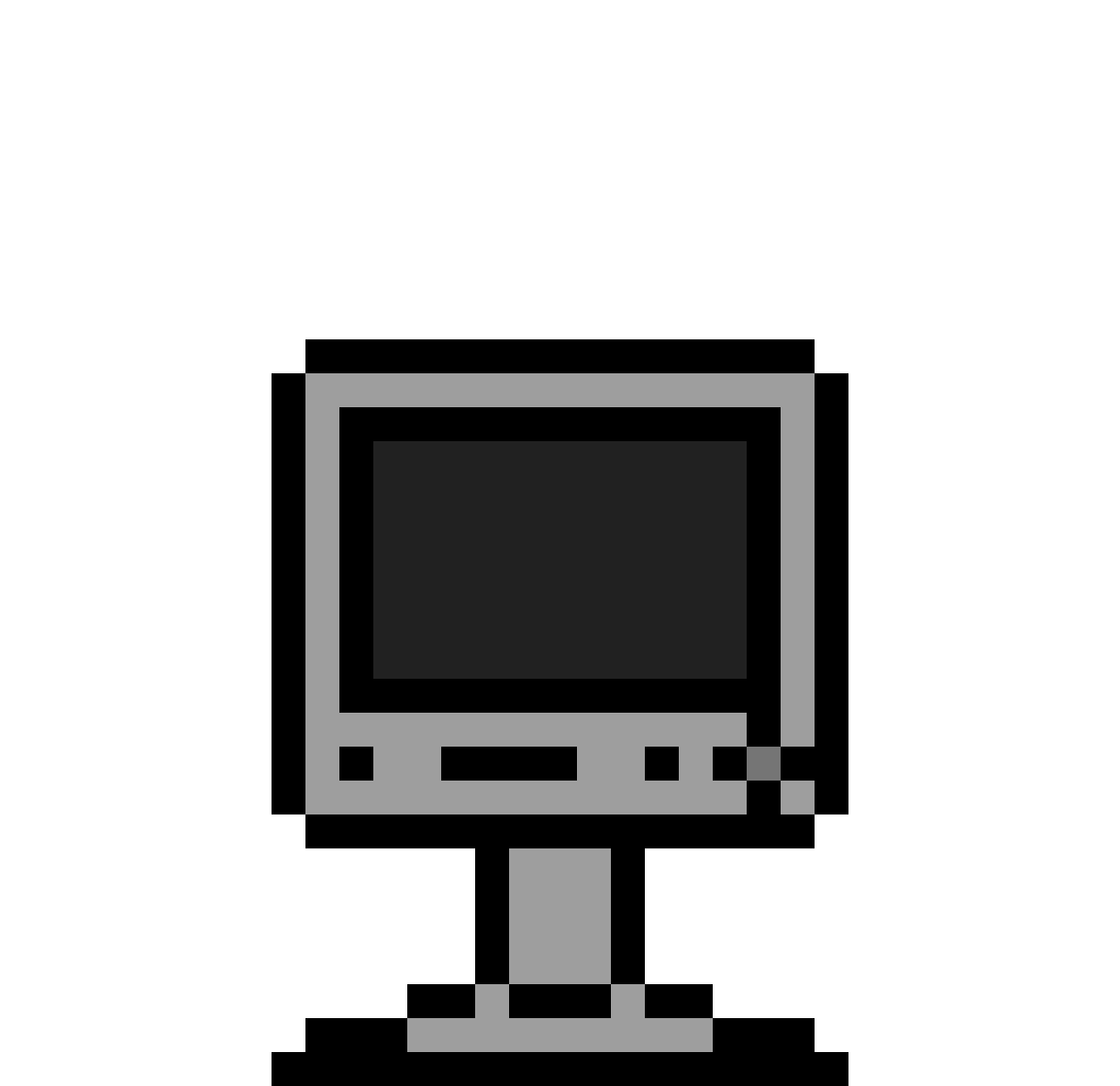
“A computer is a digital electronic machine that can be programmed to carry out sequences of arithmetic or logical operations (computation) automatically. Typical uses for computers is work, leisure, school, social media, videogames, and editing but can used for so much more. One question that can be asked is "How do computers operate? A computer is also an electronic machine that processes information (A.K.A an information processor) it takes in raw information/data at one end, stores it until it's ready to work on it, chews and crunches it for a bit, then spits out the results to the other end. All these processes have a name, taking in information is called input, storing information is better known as memory or storage. That chewing of information is also know as processing and spitting out the results is called output. All computers do this in so many ways you cant count, this on a basic level is what all computers are capable of but when you buy a high performance computer you can do so much more and faster. The difference between a regular computer and a high performance computer are its components, and what those components allow the computer to do at higher speeds and framerates. Typically a high performance computer will have a more powerful CPU and video card (Graphics Card) plus more RAM and storage space than a typical computer. Think of a typical computer as an economy class Chevy while a high performance computer as a Bugatti Chiron. I'll go in depth of 8 differences between a regular computer and a High Performance Computer.
- 1) Audio: A high performance computer will no doubt have a higher end audio system which ensures the user with clear and distinct sounds while a typical computer can have choppy audio.
- 2) Portability, regular computers have extremely limited portability compared to a higher end computer which has typically 2-4 USB 3.0 slots for higher speeds and Lan Cable accessiblity for higher internet speeds.
- 3) Customizability, without a doubt typical computers are usually bland office computers while high performace parts leave free reign of the design you want, rgb being extremely popular for a light up computer look which can be seen on the home page.
- 4) Display, high end computers support higher resolutions the standard being 1080p with smoother and faster frame rates with is necessity for high performing tasks like videogames or video editing. Having this high resolutions provides the user with a crisp and sharper image and frame rate with a smooth motion display, regular computers usually support 720p which is outdated by todays standards.
- 5) Power, with alot of high performing components and hardware alot of power is needed to operate which increases powerconsumption. So a high end PSU to match the rest of the parts is needed while a regular computer requires less power to operate therefore less power consumption
- 6) RAM, RAM is used to handle loads of data in the form of memory, graphics, and audio. Regular computers usually come with 4GB of RAM on average, this number is just enough to perform daily tasks and not much more. While high performance computers will come with double that at 8GB of RAM and even up to 16GB of RAM
- 7) Cooling System, Since high end computers consume much more power than the regular desktop computers, it will generate much more heat at the same time. Therefore, it comes with a high-end cooling system. Some high-end computers may even have liquid cooling tubes in it for better cooling. In a regular desktop just a simple cooling system may be enough to cool the GPU, processor and other components installed inside it. It will certainly not come with an expensive liquid coolant in it.
- 8) Pricing, A high performance computer will have high-end components such as processor, monitor and graphics card in it. This will increase the price of it eventually. Which can be a deal breaker and what can stop a person from getting into high end computing. The regular desktop, with just the basic amenities and components in it, will not carry a price tag as high as a gaming desktop computer.
Theres alot more to learn about each individual piece of hardware in a computer, if you go over to the "Computer Overview" page on the navigation bar, there will be more info there for you
